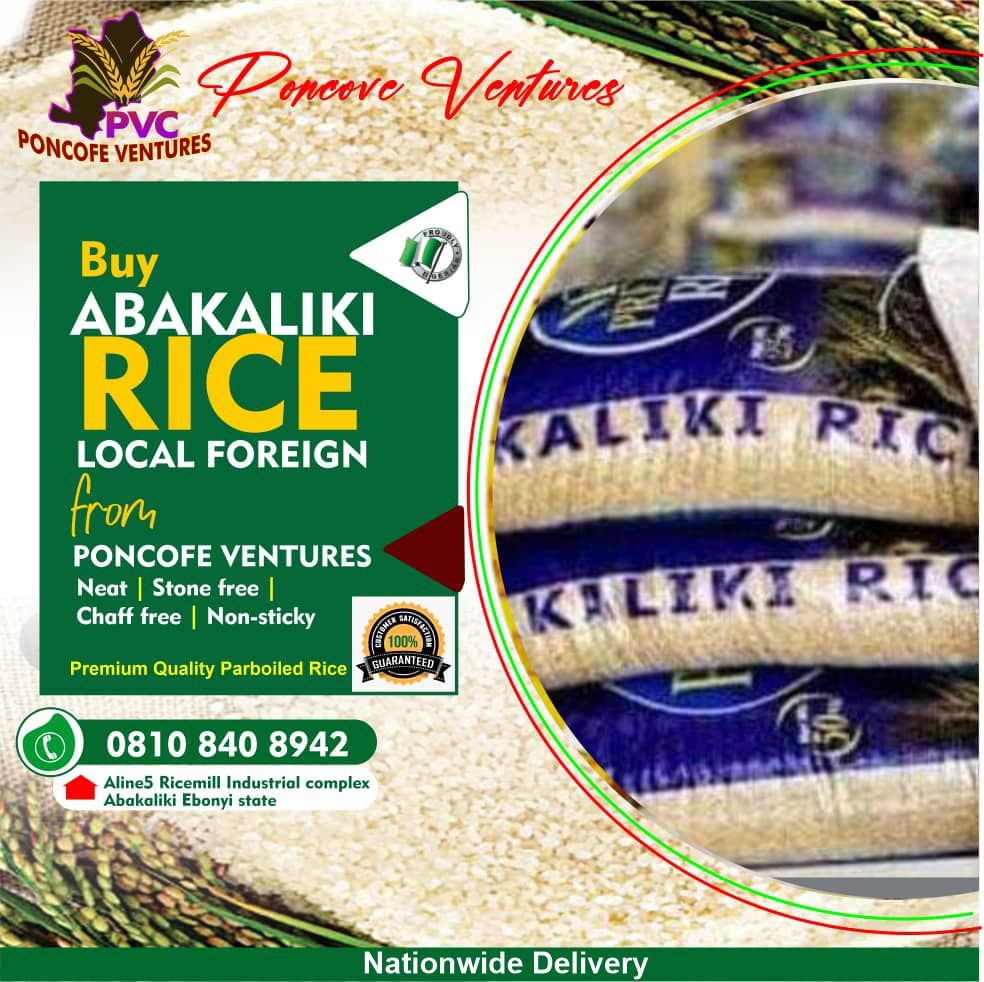
Dickerman, who revealed this while participating in a panel discussion at session six of Nigeria’s Downstream Forum, which took place at the recently concluded Nigeria International Energy Summit (NIES) in Abuja, said the subsidy payment was impacting on the budget and potentially fuelling smuggling due to the country’s low gasoline prices.
Sponsored Images




The Managing Director of Pinnacle Oil, Mr Robert Dickerman, has revealed that the President Bola Tinubu-led administration still spends about N1trillion on petrol subsidies monthly.
Dickerman, who revealed this while participating in a panel discussion at session six of Nigeria’s Downstream Forum, which took place at the recently concluded Nigeria International Energy Summit (NIES) in Abuja, said the subsidy payment was impacting on the budget and potentially fuelling smuggling due to the country’s low gasoline prices.
SaharaReporters reported on February 12 that the International Monetary Fund called on President Bola Tinubu to ensure a complete phase out of fuel and electricity subsidies despite the ravaging economic situation in the country.
The global lending institution which made the recommendation in a report released on February 9, titled “IMF Executive Board Concludes Post Financing Assessment with Nigeria,” revealed that though the President Tinubu announced the removal of fuel subsidy on May 29, the administration has “capped retail fuel and electricity prices – thus partially reversing the fuel subsidy removal.”
“Fuel and electricity subsidies are costly, do not reach those that most need government support and should be phased out completely,” IMF, however recommended.
Collaborating IMF report, the Pinnacle Oil MD stated that a significant subsidy was still in place, contributing to the product’s affordable price and potentially fueling smuggling activities to nearby nations.
He said, “Nigeria has a long history of allocating resources to oil and gas production at the expense of most other economic and social programmes.”
According to him, “To balance this, there has been a long-standing policy to mitigate consumer costs via palliatives such as fuel and food subsidies.
“But one of the net effects of oil money is underinvestment in local production, manufacturing and other value-added activities that could generate foreign currency through exports,” he revealed. “There has also been a large under investment in the maintenance and upgrade of existing infrastructure including electricity, roads, health care, water, waste, education and financial infrastructure such as consumer credit.
“As a result, we have a huge negative trade deficit, except for crude oil and LNG, and our banks are not sufficiently capitalized to support significant new capital programs” he stated.
“With legacy monetary policymaking currency exchange difficult, we desperately need Foreign Investment. This is a reality. So the best policy during this time of crisis is a national policy to transform our economy/regulations/laws to accommodate and encourage FDI.”
He added, “Foreign investors, foreign lenders and government-run DFIs have been very clear about what they want to see: Conservative fiscal policy, tackling corruption, enabling competitive markets, and enforcement of fairness in markets through policy, regulation and the ability to enforce contracts. Keeping that context in mind, I want to point out that there is still a massive subsidy in PMS, albeit in the FX portion of PMS Price, not the global price in dollars.
“The consequences of this subsidy are: The cost of gasoline in Nigeria is the lowest in Africa by far, which encourages smuggling out, further depriving Nigeria of value. Smuggling causes Nigeria to subsidize neighboring countries even while our economy struggles. The cost is hurting the entire budget, Federal and State, as critical programs cannot be funded to pay this subsidy. It is currently calculated to be about 1 trillion Naira/month.
“Also, with this subsidy in place, ceasing subsidy payments would result in no petrol supply, if there are no refineries producing gasoline. All supplies come from the international market which will only sell at market prices.”
Dickerman, however, noted that there “is no competition in bulk supply,” adding that only the Nigerian National Petroleum Company Limited (NNPCL) owned by the government can import. “Wholesale and retail prices are set based on their subsidized cost and they determine who gets supply. Without a competitive market, foreign investors are discouraged from investing in this sector in Nigeria.
“The solution to this problem seems obvious, even acknowledging the daily struggles most citizens and companies have today with reduced purchasing power, high inflation, high-interest costs and high unemployment that exists today. Short-term palliatives have never resolved long-term issues in any nation at any time in history. We need long-term solutions.”
Dear Readers, Good and credible news reportage is tedious task and requires huge finances.
We are soliciting your Noble support for as low as N1,000 your support would go a long way in assisting us to continue to guarantee our readers quality news.
Bank transfers can be made to:
Account Name: Harvest and Commercial
Bank: Sterling Bank
Account Number: 0078627735